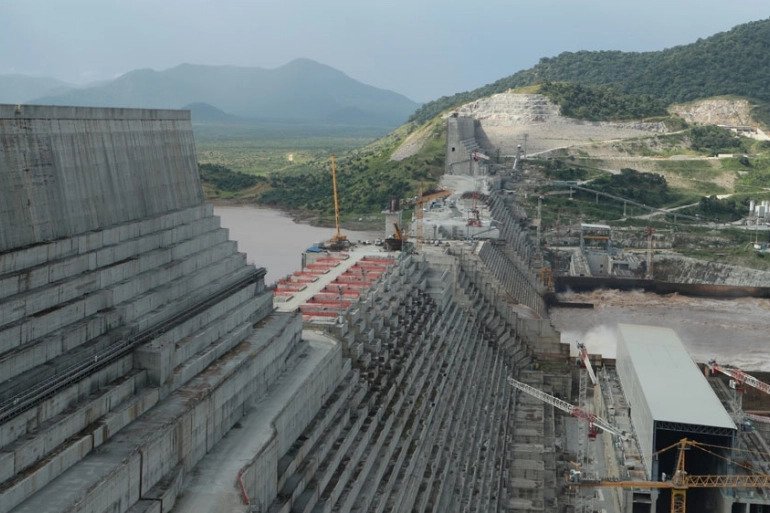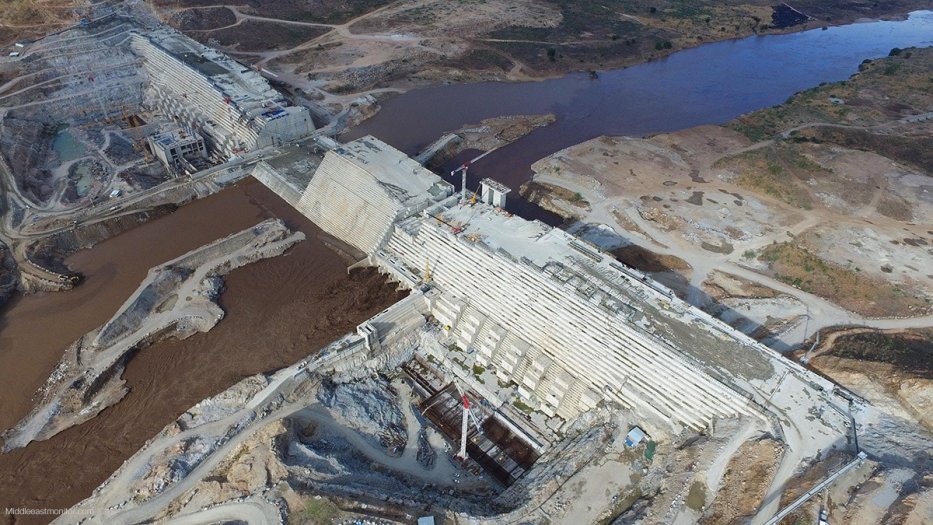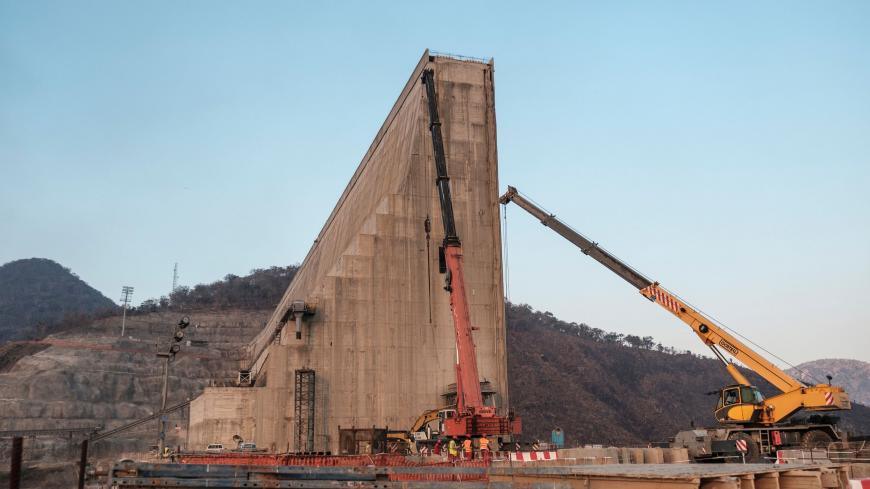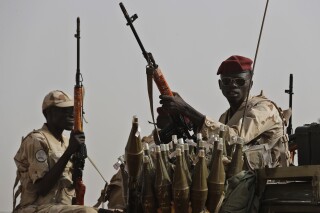
GERD between Kinshasa and Washington: Openness to All Options

Al-Sammani Awadallah
In the latest news on the Grand Ethiopian Renaissance Dam (GERD), Ethiopia has invited Sudan and Egypt to nominate dam operators for date exchange before the filling of the dam in the upcoming rainy season.
Sudan’s irrigation minister welcomed the step of exchanging process within a legal and binding agreement for the filling process.
Meanwhile, the tripartite talks of irrigation ministers from each of Egypt, Sudan, and Ethiopia over the dam, which took place in Kinshasa, did not reach an agreement; a matter that opened diplomatic and legal options which the three countries could resort to in dealing with the crisis.
Tensions escalated after Addis Ababa insisted to continue with its scheduled second filling next July by 13.5 bn cubic meters; a matter which is rejected by each of Khartoum and Cairo.
Ethiopia went the extra mile by rejecting the Sudanese proposal to form an international quartet committee to mediate for resolving the crisis.
Absence of Political Will
The Egyptian foreign ministry, which agreed on the Sudanese proposal, accused the Ethiopian side of an absence of political will to negotiate in good faith, while the Sudanese foreign ministry considered the Ethiopian stance as obstinacy which will not lead to striking a consensus deal.
Various Options

The Ethiopian stance towards the talks, whose features were clear since the rounds in Washington, Khartoum, Addis Ababa, and Kinshasa, will lead Sudan and Egypt to look for the available options, including raising the issue to the UNSC under Chapter 6.
This option was already exercised by Egypt last June before the dossier was referred to the African Union, wherein the UNSC can issue a recommendation according to which Ethiopia could postpone the second filling and complete the negotiations on the basis agreed upon by the three countries.
The UNSC could also issue a recommendation to refer the dossier to the International Court or calling for an emergency meeting to discuss the dispute considering that it is a dispute that might negatively affect the international peace and security and the African region in particular.
Sudanese Fears
The Sudanese Minister of Irrigation, Yassir Abbas, said that all options are viable in the GERD situation, including resorting to the UNSC.
He added after his return from Kinshasa that a second filling of the GERD, without having reached an agreement, will directly threaten Sudan and makes the lives of more than 20 million Sudanese living downstream of the dam at risk.
He stressed on the Sudanese steady-stance, which calls for amending the methodology of the negotiations to reach a legal and committed agreement.
Abbass said that Sudan has called for engaging South Africa, EU, UN, and the AU within a quartet mediation chaired by the AU, considering that this will guarantee a broad participation base that might lead to reaching an agreement, denying that Ethiopia has offered a bilateral agreement to Sudan.
He affirmed that Sudan will keep 1 bn cubic meters of water behind Al-Roseries Dam (near the borders with Ethiopia) to compensate for any shortage in the waters flowing from the Blue Nile to meet the basic needs of agriculture and drinking, adding that they will keep only one third Jebel Aulia dam waters to avoid any shortage in the mainstream of River Nile till Atbara River.
Egyptian Warnings
The Egyptian President, Abdul Fattah Al-Sisi, following the failure of the recent round of talks at Kinshasa, warned that the price will be high for the area if any confrontations occur due to the dispute over the water, reiterating his call to Ethiopia to cooperate on the issue instead of confrontation.
Al-Sisi affirmed that there is complete coordination between Egypt and Sudan in dealing with the Ethiopian stance on GERD, adding that the upcoming stage will witness escalation from the two countries on both the Arab and African levels to ensure the just demands of each of Sudan and Egypt are met.
The Egyptian President stressed that Cairo and Khartoum will adopt all means to ensure the rights of Sudan and Egypt according to international law and the acts that regulate international water flow.

Al-Sisi pointed out that as a President; he respects a nation’s desire for development and advancement, but not on the account of others.
He stressed that those waters could not have been reaching Egypt if it were not for the geographic nature of the Egyptian lands, affirming that Egypt is keen to get its entire share from Nile waters, to utilize it and at the same time Egypt is keen not to miss any quantity of its other resources’ waters.



